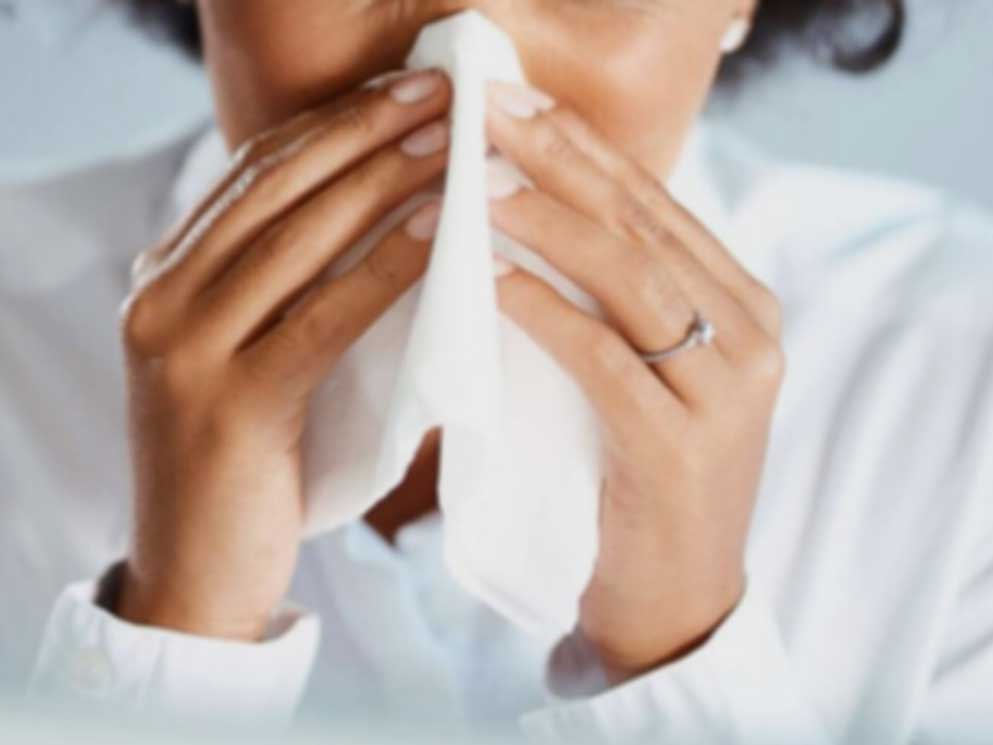
Your friendly Naturopath checking in on your allergies…how you doing?
 ‘Tis the season to be —AAAchoooO!!!—sneezing. I don’t know why, but this year is presenting more cases than ever. We’re talking people that have NEVER had seasonal allergies (hay fever) at all! Is it because more and more people are going outside to occupy their “quarantime?” We just don’t know, and really, the “why” of it is not so important as the “how.”
‘Tis the season to be —AAAchoooO!!!—sneezing. I don’t know why, but this year is presenting more cases than ever. We’re talking people that have NEVER had seasonal allergies (hay fever) at all! Is it because more and more people are going outside to occupy their “quarantime?” We just don’t know, and really, the “why” of it is not so important as the “how.”
How do we get hayfever?
We know that genetics play a role in why you may have allergies today. We also know that our body’s immune system may inaccurately interpret the harmless allergy like it would harmful bacteria, hence the allergic response sometimes. The discomfort level to which your symptoms present themselves could also be due to your intake. That’s right. YOU have the power to ease your nose-blowing frequency.
How do we ease the seasonal allergy symptoms?
You can help your body’s immune system stay out of fight-or-flight-we-have-a-bacteria-in-our-midst mode by eating an anti-inflammatory, functional diet. For more functional eating info, find it on our website.
Inflammation in the body increases and activates histamine release, so we want to avoid any foods that increase inflammation in the body, like:
- Coffee
- Sugar
- Food intolerances
- Dairy
- Refined grains
- Gluten
- Energy drinks
- Soda
- Alcohol
- Processed food
- Juice (excludes homeade)
And then add more inflammation-boosting and good-bacteria-producing foods, like:
- Kombucha
- Fermented foods
- Seeds (e.g., flaxseed and pumpkin seed)
- Fresh wild-caught fish
- Avocados
- Bone broth
- Berries
- Beta-Carotene rich foods (e.g., carrots, yams, pumpkins, squash, root veggies)
- Tropical fruits (e.g., mangos, figs, pineapple)
- Sustainably-sourced, local honey (we sell some at nuHealth!)
Some other helpful tips include:
- Closing your windows, trying to stay inside
- Using a neti pot regularly
- Exercise and move, keep the lymphatic system flowing
- Drink lots of water
What about supplements?
Yes. Yes. For allergy sufferers, specifically, it would be good to start with the basics. A really solid probiotic with 15 billion CFU per dose. We need to get those bugs working in a big way in your immune system. You’ll also need a good quality, potent Vitamin C since our bodies do not produce it endogenously (inside our body). For more science and info on these two supplements, read this article on our website:
https://nuhealthclinic.com/top-three-supplements-dr-neale-recommends-and-why/
So take those two and you’re good, but to get to GREAT, you may want to add a little supplement our extreme allergy sufferers call, “The Magic Pill.” It’s called BCQ by Vital Nutrients. We have this great supplement in our clinic or you can get it online https://www.vitalnutrients.net/bcq-60-318.html. The B (in BCQ) represents the Boswellia serrated gum extract and the high potency Bromelain, C is Curcuma longa Rhizome extract and Q is Quercetin dihydrate, a natural antioxidant and anti-inflammatory found in purple grapes.
Boswellia, also known as Indian Frankincense, is a long used and highly valued Ayurvedic herb. Boswellia may promote healthy inflammatory response by inhibiting pro-inflammatory enzymes. 1 https://www.vitalnutrients.net/boswellia-extract.html
Bromelain is an enzyme found in pineapple stem, with a long history of use as a dietary supplement. Bromelain is considered a proteolytic enzyme due to its ability to break down protein when taken with food, although its benefits extend beyond digestion. Bromelain is particularly useful for individuals interested in promoting normal sinus, tissue, and musculoskeletal health.2 https://www.vitalnutrients.net/bromelain.html
Curcumin helps maintain platelet aggregation levels that are already within normal range, and supports arachadonic acid metabolism to help maintain a healthy inflammatory balance.3 https://www.vitalnutrients.net/curcumin-extract.html
Quercetin is a bioflavonoid that has anti-inflammatory and antioxidant properties. It’s found in red wine, grapefruit, black tea, and vitamin supplements. It tends to inhibit the growth of histamines (the things that make you sneeze and have a stuffy nose when allergy season rolls around). Studies have shown that quercetin blocks substances that cause allergic reactions, thereby reducing allergy symptoms.4 https://www.vitalnutrients.net/blog/how-to-combat-seasonal-allergies/